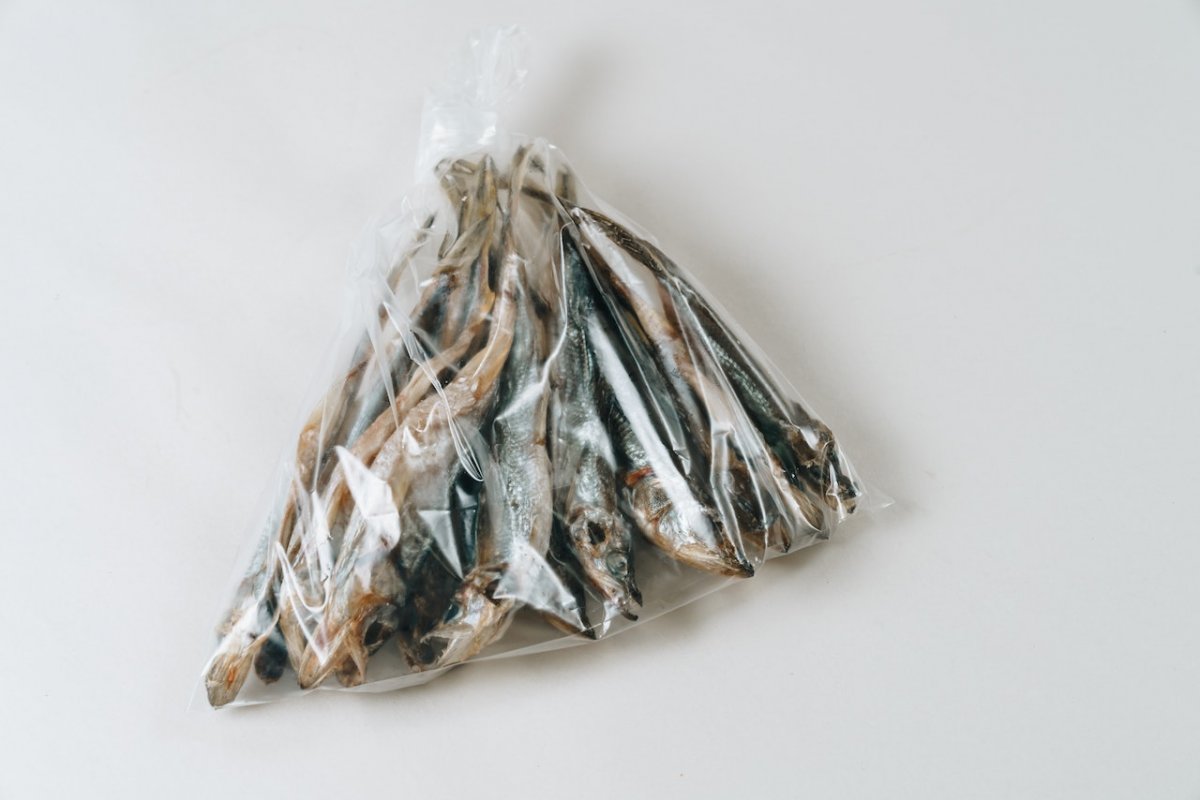
Your diet choices can tame as well as cause high blood pressure.
High blood pressure, or hypertension, is a harbinger of serious health problems such as heart attacks and strokes. Your levels may rise in response to poor lifestyle decisions. Although fish can be a very healthy food, certain types of fish can increase hypertension rates.
Fish, known for its variety of health benefits, is rich in omega-3 fatty acids that are good for your heart health.
While your cardiovascular system may be happy when you eat salmon or mackerel, the way cooking fish matters. Dried fish can put your blood vessels at a higher risk of developing high blood pressure.
Jerky fish is a popular snack that comes in a variety of flavors and sizes.
Migraines are associated with a high risk of post-treatment hypertension. menopause
The curing method of drying removes water from the fish, extending its shelf life. Most dried fish products are considered to contain protein while keeping their fat content low. However, jerky also contains a potentially dangerous ingredient for people with high blood pressure – salt.
“Dried fish is especially high in salt, which means you should 'try to avoid' it or find an alternative with less salt content. The insidiousness of salt, considered the most serious cause of hypertension, is due to water retention,” says dietitian Vasilisa Ponomareva especially for MedForum.
Vitamin D reduces the risk of high blood pressure in offspring
If your blood pressure is already in the red zone, salt can exacerbate this problem. Eating too much salt can lead to further health problems, from heart disease to stroke.
“Fatty fish like mackerel, salmon, and sardines can help protect your heart and brain from disease. Keeping omega- 3 in fresh fish meat can even control blood pressure levels.”
MedicalForum has previously written about foods that cause depression.
Important< span style="color:#fc272d;">! Information provided for reference purposes. Ask a specialist about contraindications and side effects and under no circumstances self-medicate. At the first sign of illness, consult a doctor.
